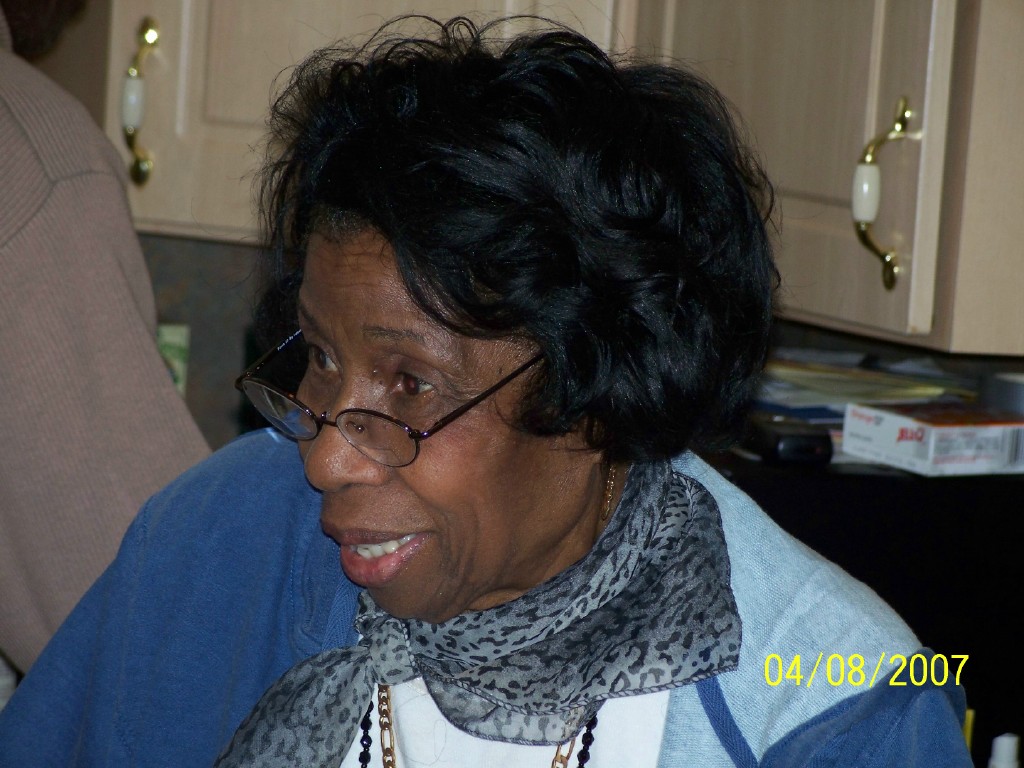
This season has been one filled with death for my blood and church families: loss jobs, broken marriages, foreclosed homes, dissolved friendships, and transitioned loved ones. What’s impacted me most is the loss of my Granny, Brunice C. Lewis, my husband’s grandmother. She, like many family matriarchs, was strong, a rock in our family. Granny worked for years as a domestic cook for a wealthy family, but didn’t give all her love and skills to them. She planned and cooked all our holiday meals, bought us gifts apart from holidays, loaned us money, scolded bad deeds, loved us whole. With Granny’s death, we loss the security of a loving woman who took away the need to be strong. She was our strength, the rock on which we leaned. And her death has been causing me to reflect on some lessons that I thought I learned as a recovering strong black woman.
The first lesson is that our trust and hope can’t be in our grannies and big mommas. As much as we love them, as much as they do for us, as much as life knocked them down and they kept getting back up, they cannot be our gods. In our hoping in and running to them for needs we unknowingly deified them. We remember the stories and have seen their lives of how they got over and we know they can help us get over. But many big mommas will tell you up front, “If it wasn’t for God, I wouldn’t have made it.” Hearing their war stories gives us strength, and we often go back to hear the stories as if the stories themselves are the source of our power. But God says, “When you go through deep waters and great trouble, I will be with you. When you go through rivers of difficulty, you will not drown! When you walk through the fire of oppression, you will not be burned up—the flames will not consume you. For I am the Lord your God, your Savior, the Holy One of Israel” (Isaiah 43:2-3a TLB). God is the source of our power and He is the only one who can save. As I recover from the many deaths in my families, particularly my Granny’s death, and from being a self-empowered strong black woman, I remember that Granny did nothing and I can do nothing without the Rock, my Lord and Savior Jesus Christ.
Copyright 2008 By Rhonda J. Smith

